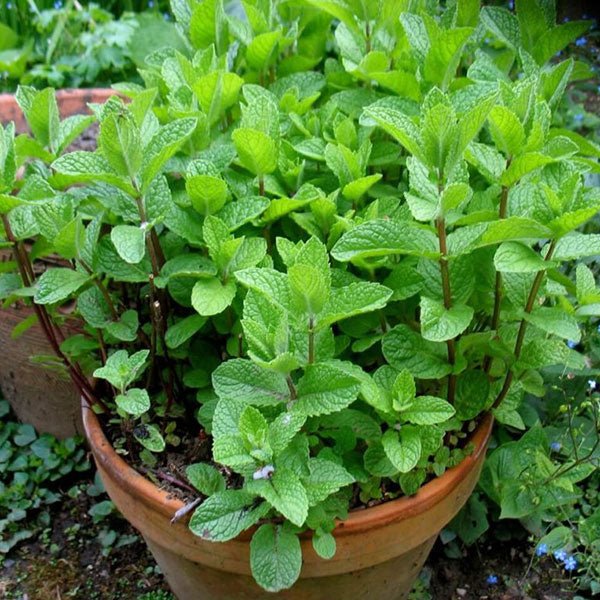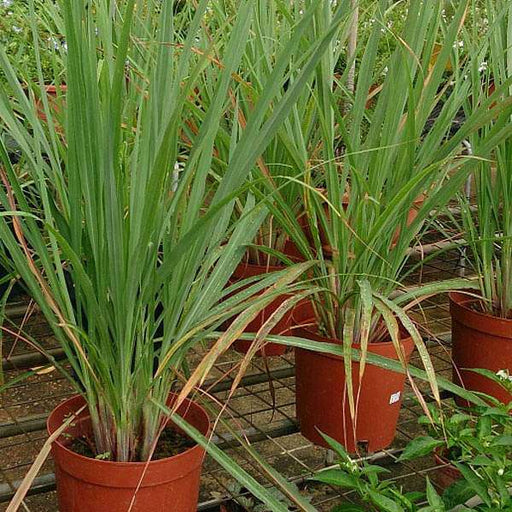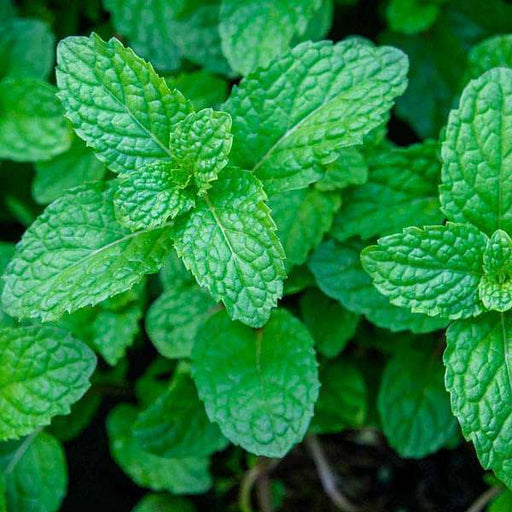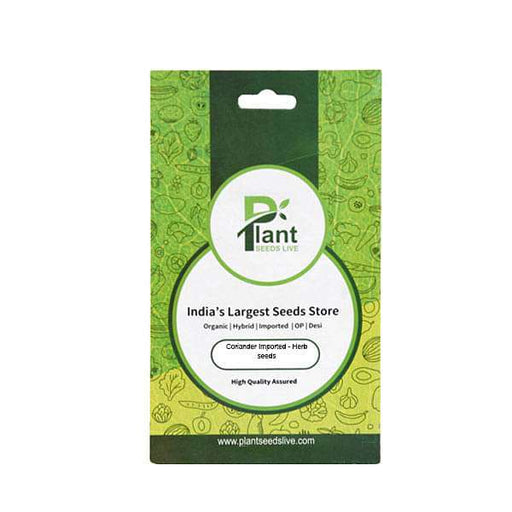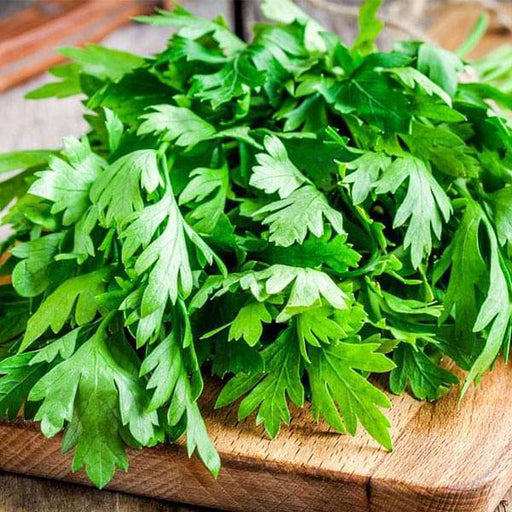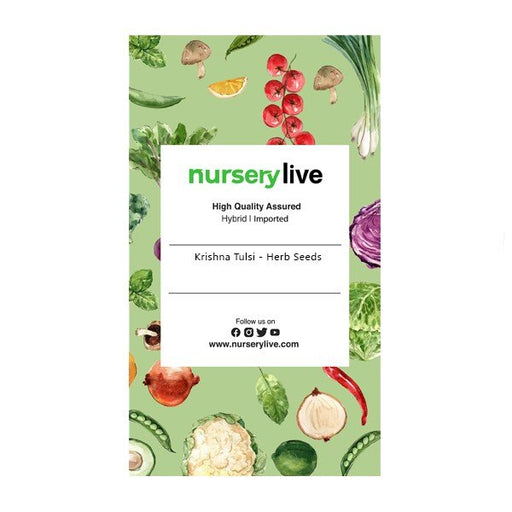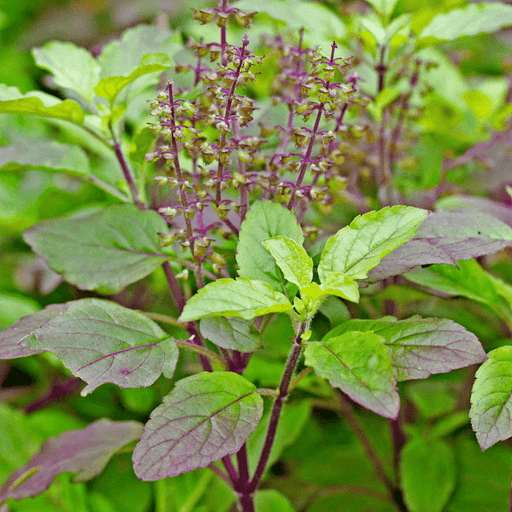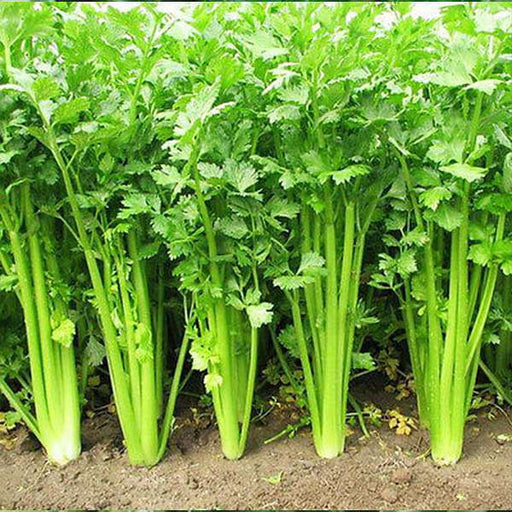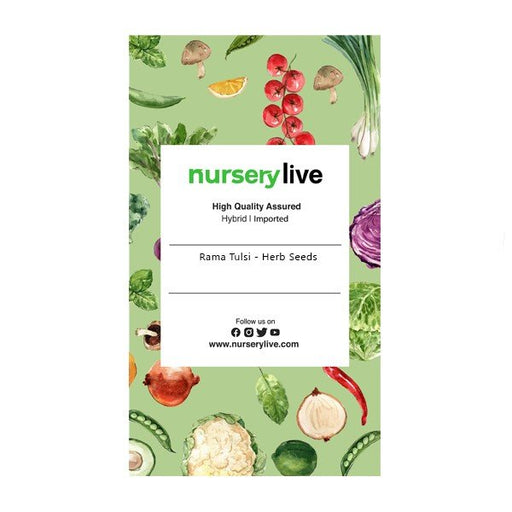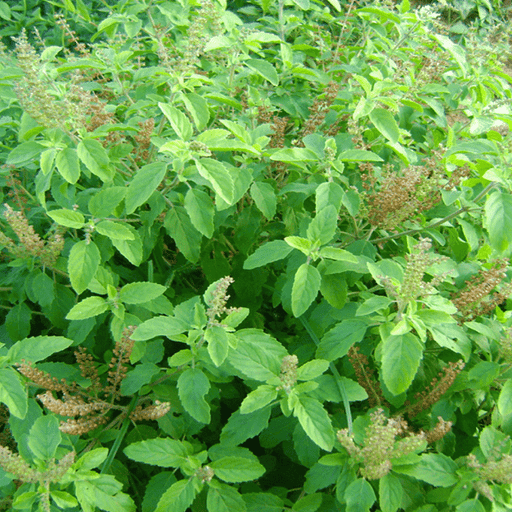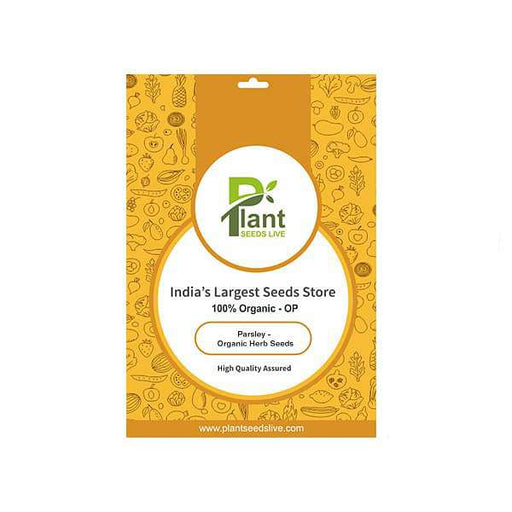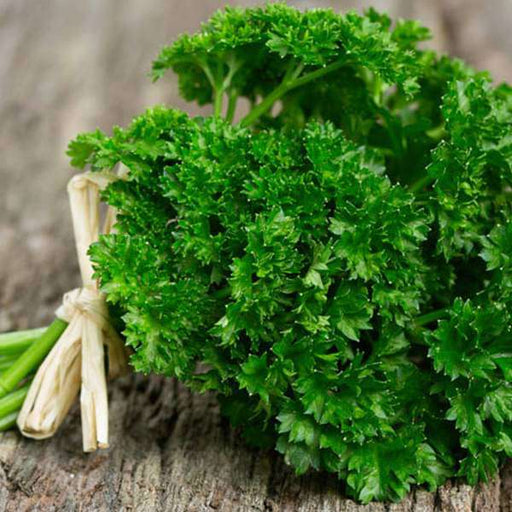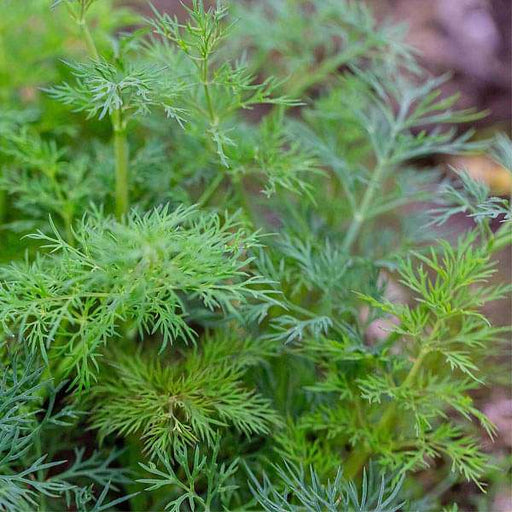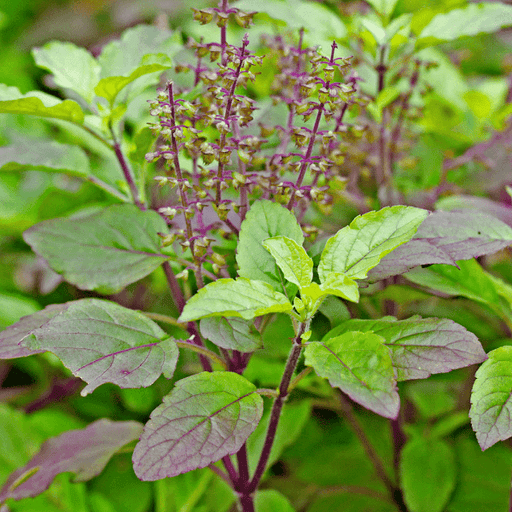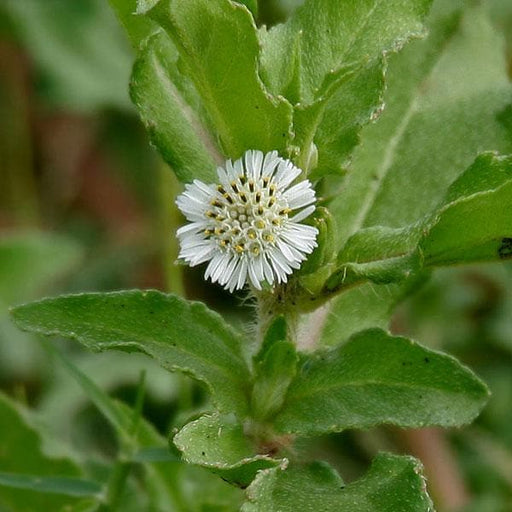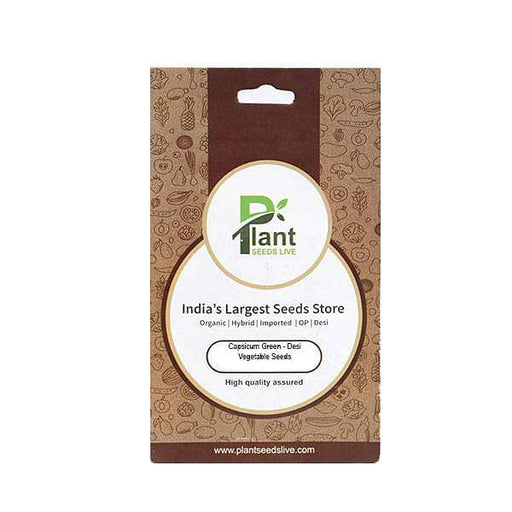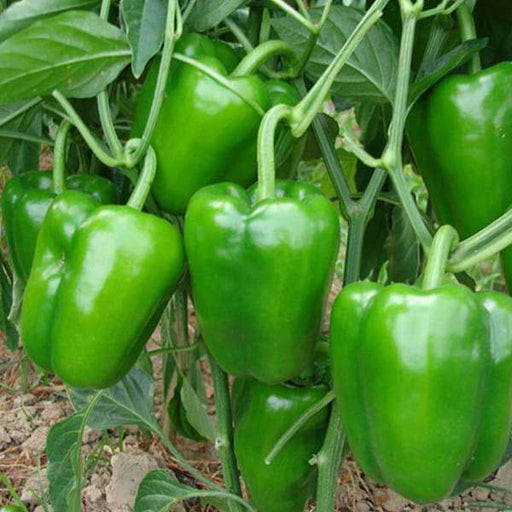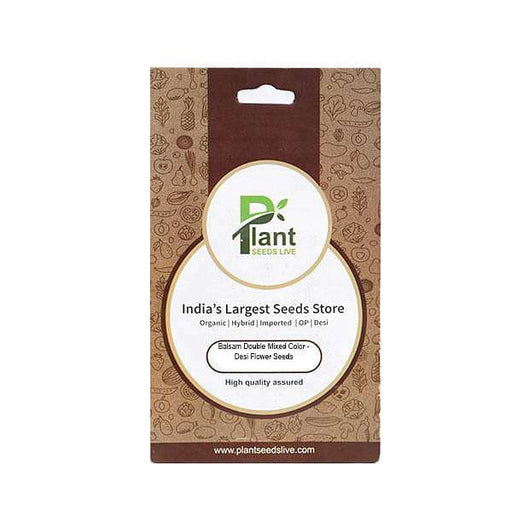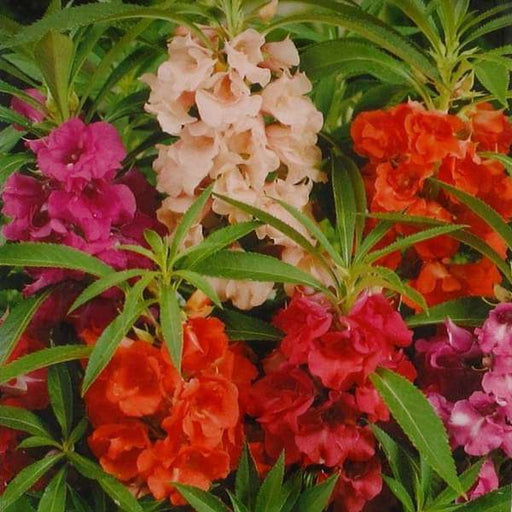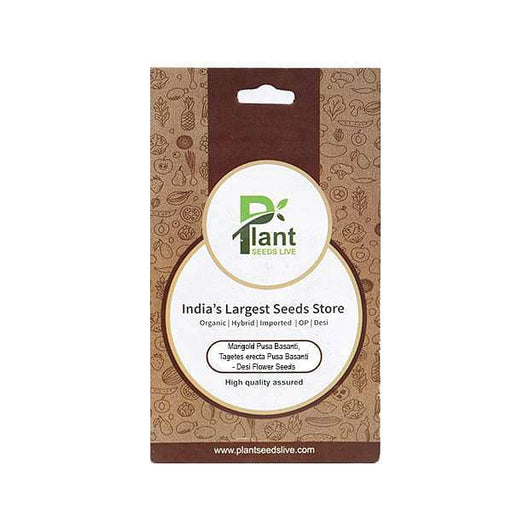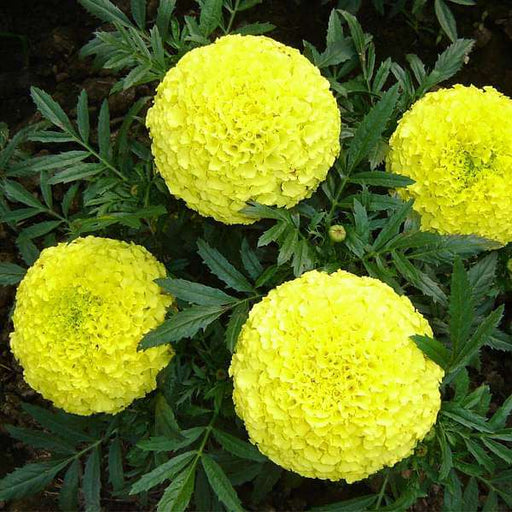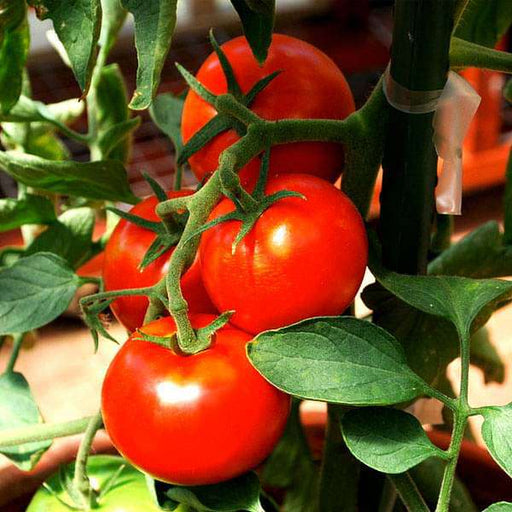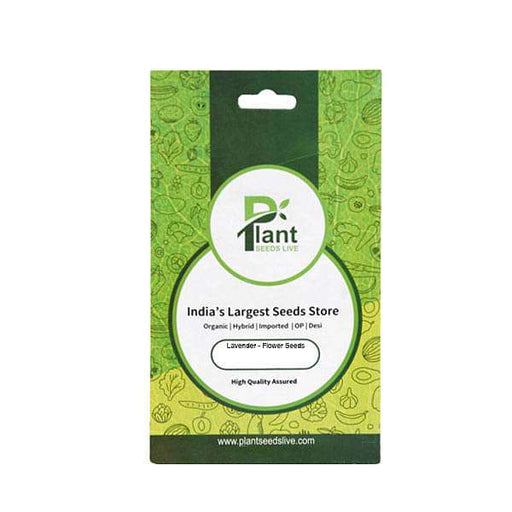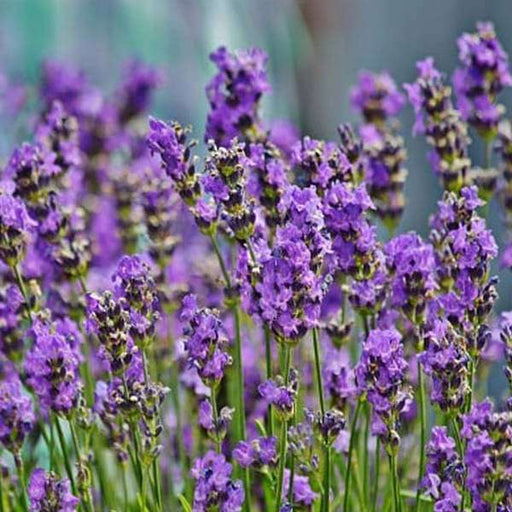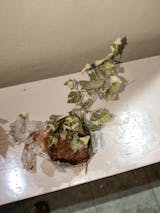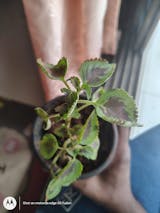Ashwagandha Seeds
Ashwagandha is a popular Indian herb that has been used for centuries in Ayurvedic medicine. In this article, we will explore the benefits of growing Ashwagandha from Indian herb seeds and how to care for them.
Tulsi Seeds
Tulsi, also known as holy basil, is a revered herb in Indian culture. In this article, we will explore the benefits of growing tulsi from Indian herb seeds and how to care for them.
Neem Seeds
Neem is a tree that is native to India and is widely used in traditional medicine. In this article, we will explore the benefits of growing neem from Indian herb seeds and how to care for them.
Moringa Seeds
Moringa is a tree that is native to India and is known for its nutritional and medicinal properties. In this article, we will explore the benefits of growing moringa from Indian herb seeds and how to care for them.
Brahmi Seeds
Brahmi is an herb that is commonly used in Ayurvedic medicine to improve cognitive function. In this article, we will explore the benefits of growing Brahmi from Indian herb seeds and how to care for them.
Ginger Seeds
Ginger is a root that is widely used in Indian cuisine and medicine. In this article, we will explore the benefits of growing ginger from Indian herb seeds and how to care for them.
Cardamom Seeds
Cardamom is a popular spice in Indian cuisine and is also used for its medicinal properties. In this article, we will explore the benefits of growing cardamom from Indian herb seeds and how to care for them.
Cumin Seeds
Cumin is a spice that is widely used in Indian cuisine and is also used for its digestive and anti-inflammatory properties. In this article, we will explore the benefits of growing cumin from Indian herb seeds and how to care for them.
Fennel Seeds
Fennel is a herb that is commonly used in Indian cooking and is also used for its digestive properties. In this article, we will explore the benefits of growing fennel from Indian herb seeds and how to care for them.
Coriander Seeds
Coriander is a popular herb in Indian cuisine and is also used for its medicinal properties. In this article, we will explore the benefits of growing coriander from Indian herb seeds and how to care for them.
Mustard Seeds
Mustard is a spice that is commonly used in Indian cuisine and is also used for its medicinal properties. In this article, we will explore the benefits of growing mustard from Indian herb seeds and how to care for them.
Fenugreek Seeds
Fenugreek is a herb that is commonly used in Indian cooking and is also used for its medicinal properties. In this article, we will explore the benefits of growing fenugreek from Indian herb seeds and how to care for them.
Holy Basil Seeds
Holy basil, also known as tulsi, is a revered herb in Indian culture and is known for its medicinal properties. In this article, we will explore the benefits of growing holy basil from Indian herb seeds and how to care for them.
Curry Leaf Seeds
Curry leaves are a popular herb in Indian cuisine and are also used for their medicinal properties. In this article, we will explore the benefits of growing curry leaves from Indian herb seeds and how to care for them.
Amla Seeds
Amla, also known as Indian gooseberry, is a fruit that is widely used in Ayurvedic medicine. In this article, we will explore the benefits of growing amla from Indian herb seeds and how to care for them.
Shatavari Seeds
Shatavari is an herb that is commonly used in Ayurvedic medicine for women's health. In this article, we will explore the benefits of growing shatavari from Indian herb seeds and how to care for them.
Bhringraj Seeds
Bhringraj is an herb that is commonly used in Ayurvedic medicine for hair health. In this article, we will explore the benefits of growing bhringraj from Indian herb seeds and how to care for them.
Haritaki Seeds
Haritaki is a fruit that is widely used in Ayurvedic medicine for digestive health. In this article, we will explore the benefits of growing haritaki from Indian herb seeds and how to care for them.
Triphala Seeds
Triphala is a combination of three fruits that is commonly used in Ayurvedic medicine for digestive health. In this article, we will explore the benefits of growing triphala from Indian herb seeds and how to care for them.
Punarnava Seeds
Punarnava is an herb that is commonly used in Ayurvedic medicine for kidney and liver health. In this article, we will explore the benefits of growing punarnava from Indian herb seeds and how to care for them.

